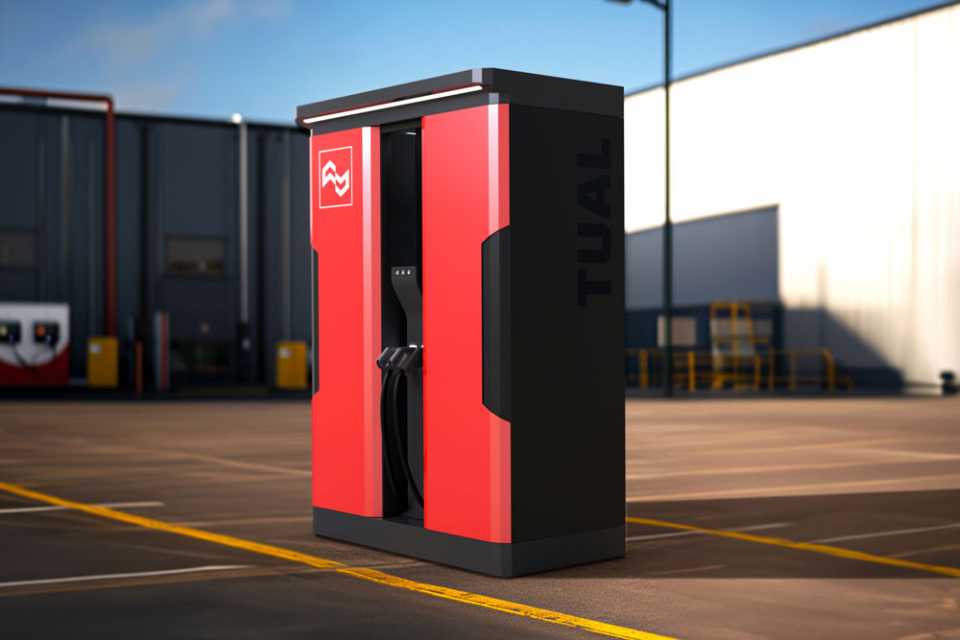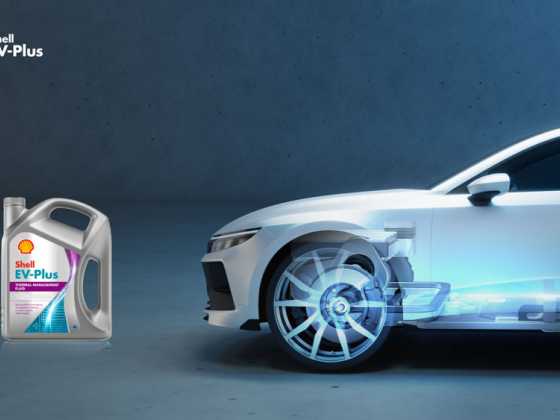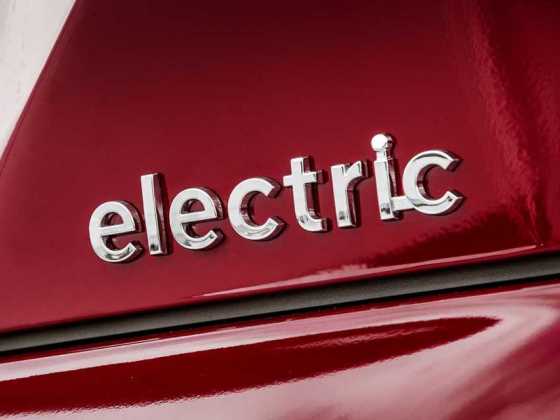TUAL launches energy storage and fast DC charging solution

TUAL has developed a power bank comprising battery-buffered DC chargers, which the company says will help companies that the obstacle of constrained or absent grid connections when it comes to EV charging installations.
Combining energy storage and fast DC charging in one package, the technology is intended for deployment within 48 hours of transaction (subject to stock), with fleet operators and commercial landlords able to use the solution within hours of installation.
The Battery-Buffer Charger is designed to make full use of sites’ energy capacity, transforming an unusable site into a viable recharge location overnight. The solution draws and stores available grid power when most efficient, while renewable-power sources can be integrated to avoid the need for further battery storage.
Fleet operators and commercial landlords can subsequently deploy the power as required, delivering high-power charging up to 120kW – giving operators the intensive charging needed to maximise vehicle uptime, and tenants the confidence to commit to the EV transition.
Philip Clarke, CEO and Founder of TUAL: “Many users’ confidence in electric vehicles has taken a significant hit, with a commensurate impact on sales, in recent times. Whether it’s fleet operators under regulatory pressure to electrify, or commercial landlords needing to futureproof their sites, the need to accelerate EV uptake has never been greater. But the time and cost it takes to install sufficient charging infrastructure can make this unfeasible for many – especially in the case of those 50% of sites that are leased.
“The status quo is simply untenable. What fleet operators and commercial landlords need are rapidly deployable, cost-effective charging solutions that plug current charging infrastructure gaps, and get them electrifying at the required rate – but in a way that’s genuinely sustainable. In TUAL’s PowerUp Charger, we’ve developed a solution that can make that mission possible, and unlock the progress that’s critical to achieving the UK’s net zero objectives.”



